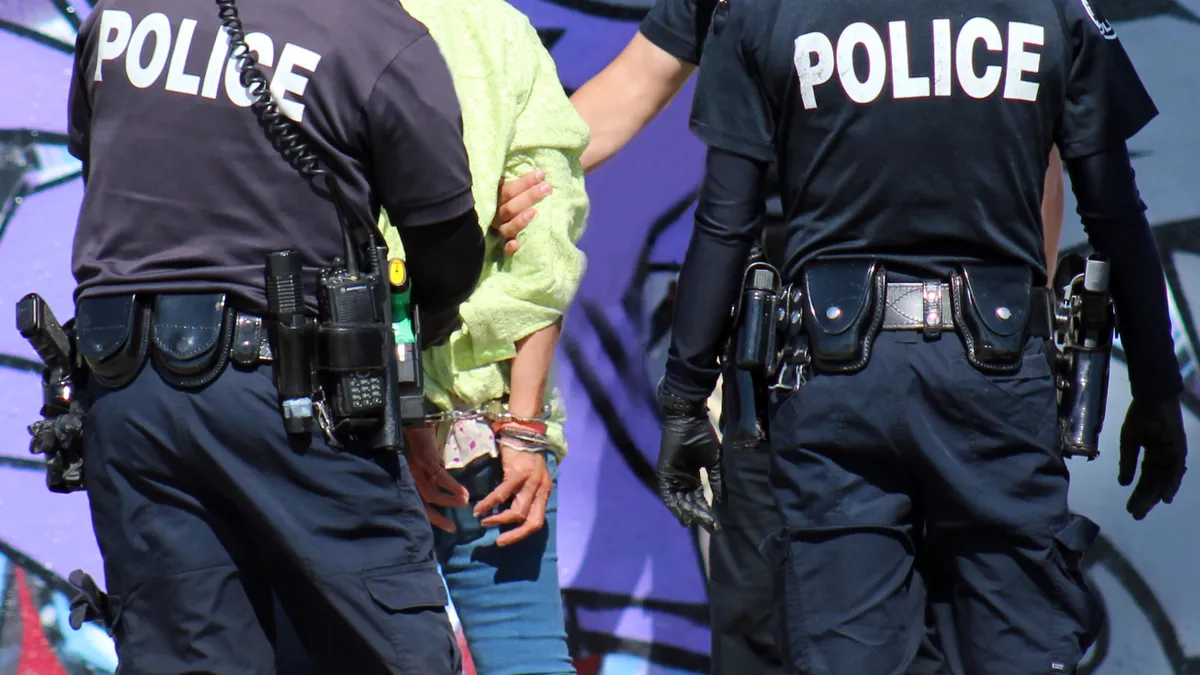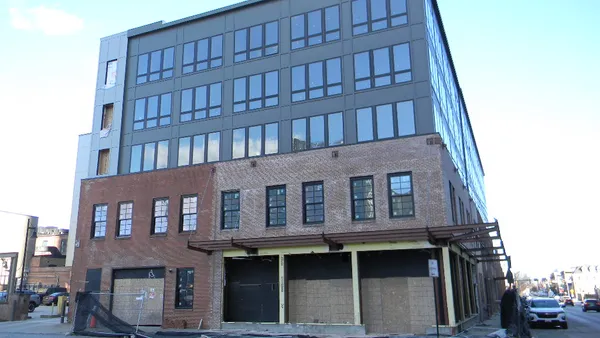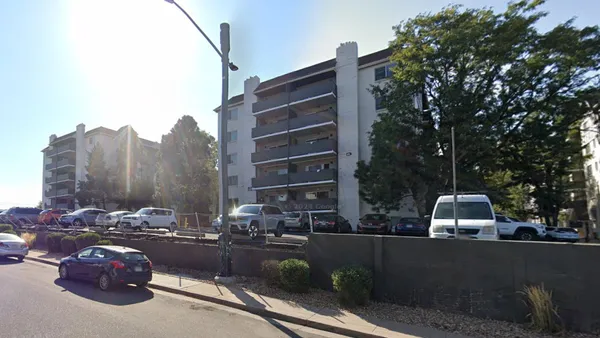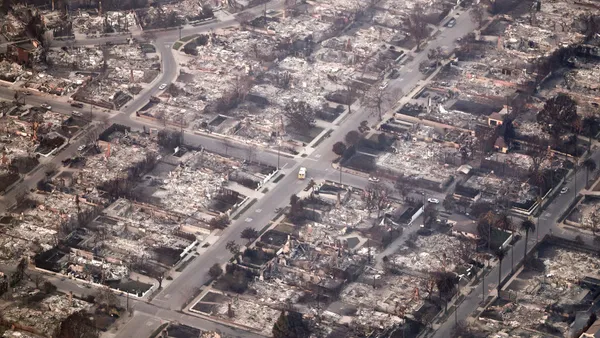Dive Brief:
- Birmingham, Alabama, is launching a team that can respond to nonemergency situations involving people experiencing homelessness instead of law enforcement, according to a news release.
- To run the program, the city has enlisted the help of Urban Alchemy, a California-based organization that runs similar programs in San Francisco, Los Angeles and Austin, Texas.
- “When an unhoused neighbor is experiencing a crisis, they often panic when an armed, uniformed law enforcement officer shows up, which can lead to unnecessary escalation that can have tragic outcomes,” Kirkpatrick Tyler, Urban Alchemy’s chief of community and government relations, said in a statement.
Dive Insight:
Across the U.S., cities are grappling with how to handle rising homeless populations and how to respond to certain calls without police. Decreasing police use when responding to situations involving people experiencing homelessness can reduce cycles of incarceration, Charley Willison, an assistant professor of public and ecosystem health at Cornell University, told Smart Cities Dive last year. Cycles of incarceration are expensive for cities and harm people experiencing homelessness, she said.
“In other cities, law enforcement has praised their experiences with [Urban Alchemy’s] HEART program because it frees their officers to respond to other calls where their expertise is needed,” according to a Birmingham news release. HEART stands for Homeless Engagement Assistance Response Team.
Birmingham’s program, tentatively set to launch at the beginning of 2025, will have almost 20 employees, according to a news release. From 7 a.m. to 11:30 p.m., they’ll respond to nonemergency 911 and 311 calls related to people experiencing homelessness. The city is spending $1.7 million on its agreement with Urban Alchemy, according to AL.com.
Urban Alchemy’s teams are trained to de-escalate situations. They consist primarily of individuals who have experienced incarceration, homelessness, mental illness and drug addiction. If a call does become violent or requires medical attention, the team members will contact emergency services directly, according to a news release. After deescalating situations, the Urban Alchemy team members offer to connect the person in crisis to resources such as shelter and medical care, Tyler said.
San Francisco launched a yearlong, $3 million pilot of the same model with Urban Alchemy last year. Even though the San Francisco team responded to thousands of calls in its first year, data shows that a small fraction of the people with whom the team engages accept treatment or shelter, the San Francisco Chronicle reported in May. Out of the roughly 14,000 requests for the team’s service over a year, only 144 responses resulted in an unhoused person getting placed in a shelter or on a shelter waitlist, the newspaper reports.












